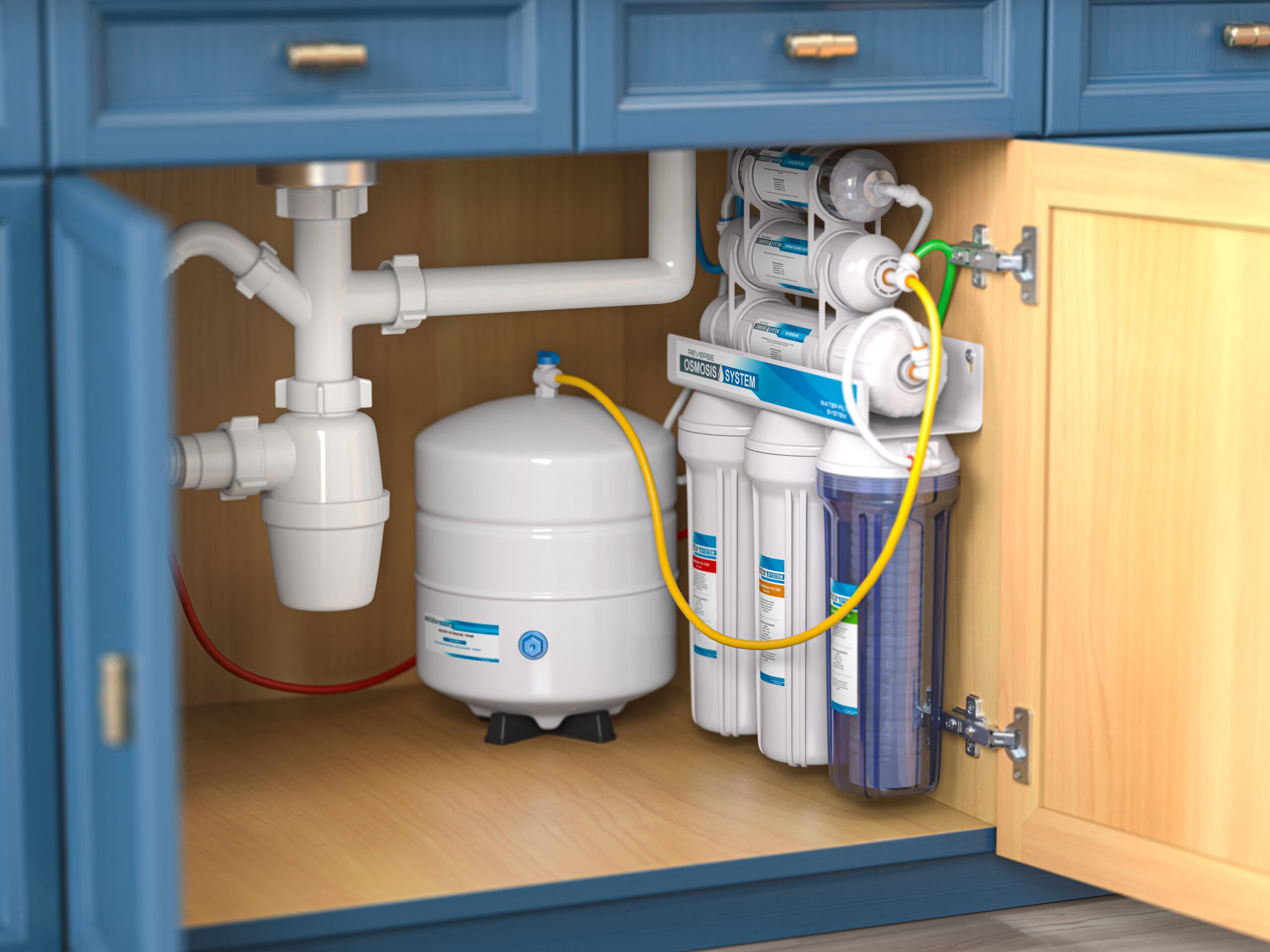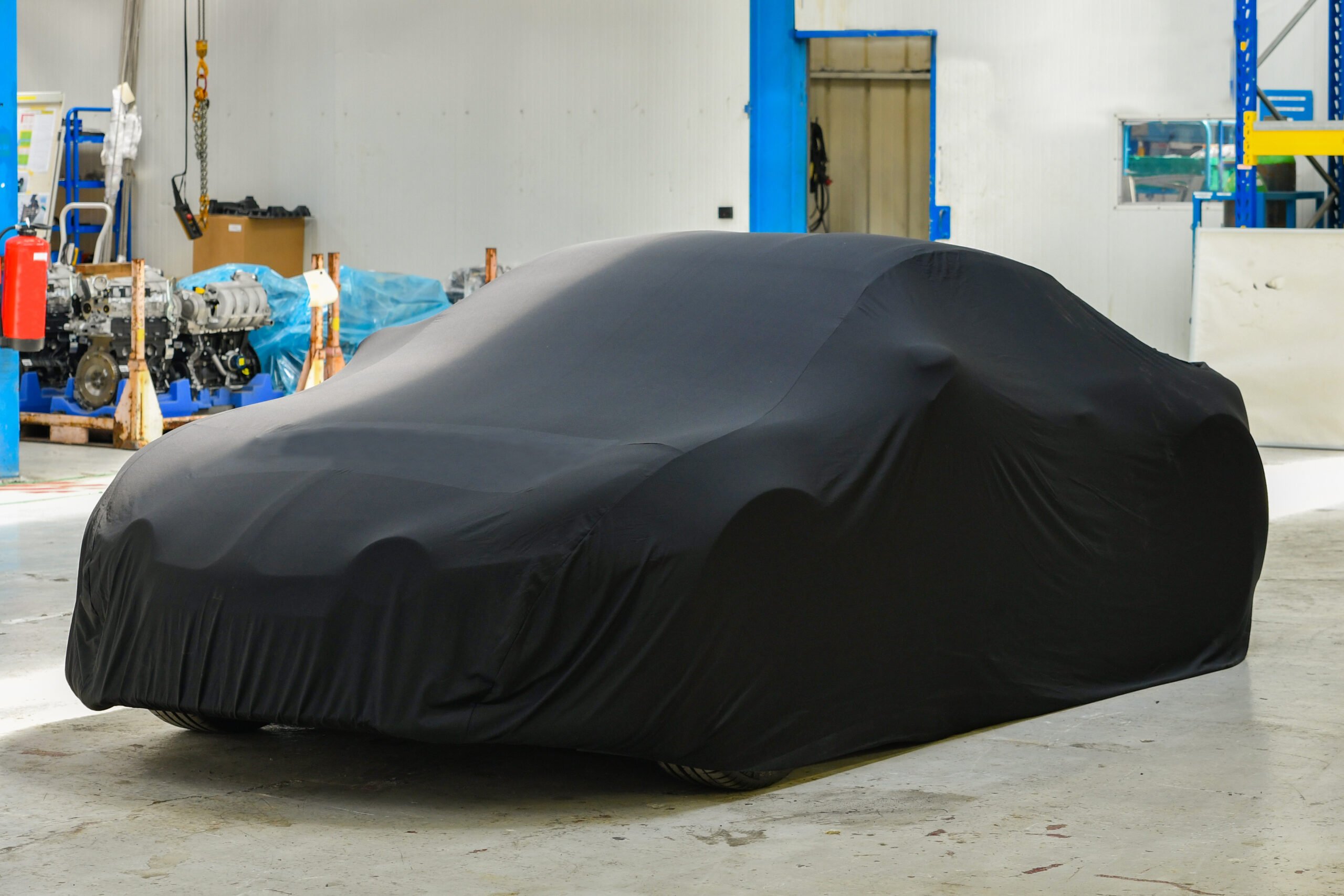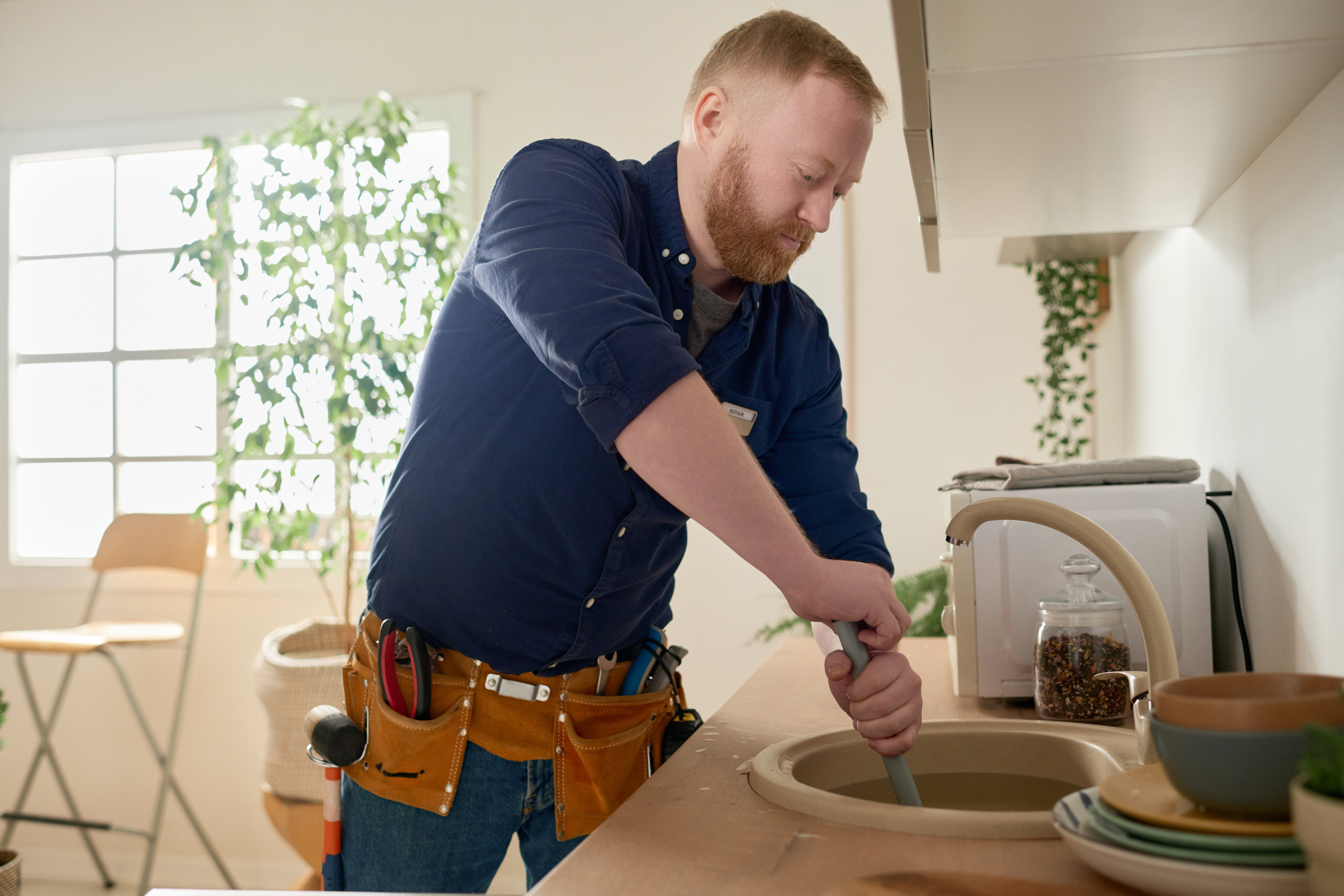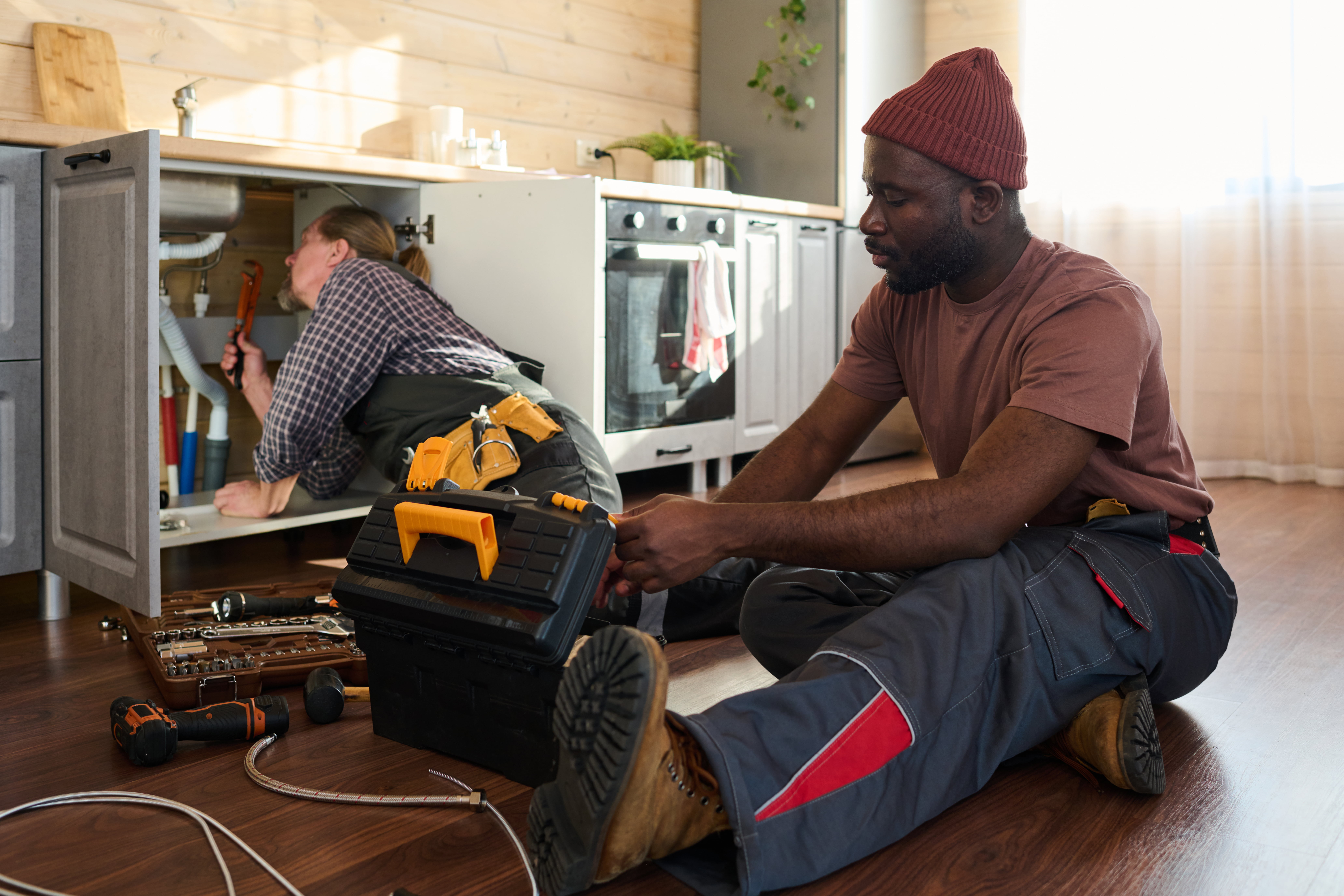Residential water softening systems are becoming increasingly popular among homeowners looking for effective solutions to manage hard water issues. Hard water, characterized by a high concentration of minerals like calcium and magnesium, can cause various problems in a household. Installing a whole house water softening system can offer numerous benefits, from prolonging the lifespan of appliances to improving water quality for personal use.
Understanding Hard Water and Its Effects
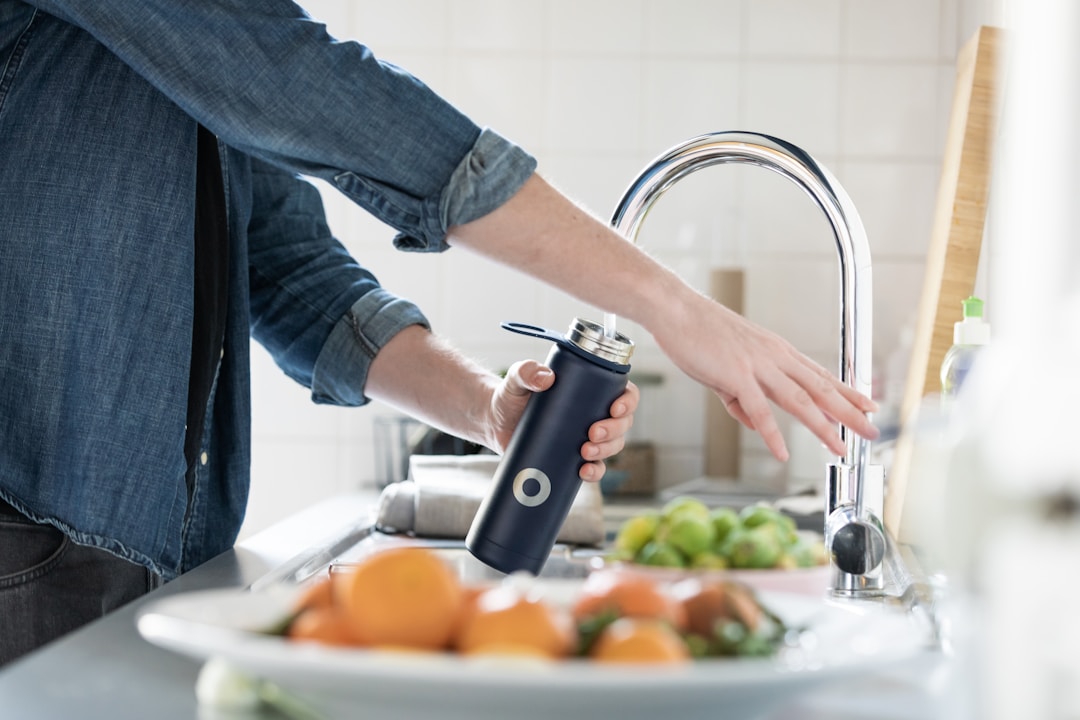
Hard water is a common issue in many areas. It contains high levels of minerals like calcium and magnesium, which, although not harmful to health, can have several undesirable effects on household appliances and plumbing. Over time, these minerals can build up and cause scaling, which may lead to reduced efficiency and a shorter lifespan for appliances like water heaters, dishwashers, and washing machines.
Moreover, hard water can negatively impact daily activities. For instance, it often leaves unsightly stains on dishes and glassware and can make it harder to work up a lather with soap and shampoo. This can lead to increased consumption of cleaning products and personal care items, adding unnecessary costs over time.
The Advantages of a Whole House Water Softening System
Investing in a whole-house water softening system can be a game-changer for homeowners grappling with hard water issues. These systems work by removing the excess minerals from the water, thus preventing the problems associated with hard water. The most immediate benefit is the protection of plumbing and home appliances from scale buildup, which can extend their lifespan and maintain their efficiency.
Additionally, softened water is kinder to your skin and hair. It helps reduce skin dryness and irritation that hard water can cause. Clothes washed in softened water often feel softer and look brighter, as the water is more effective at removing soap residue. This results in a more comfortable and pleasant home environment, enhancing the quality of life for the residents.
Economic Benefits and Cost Savings
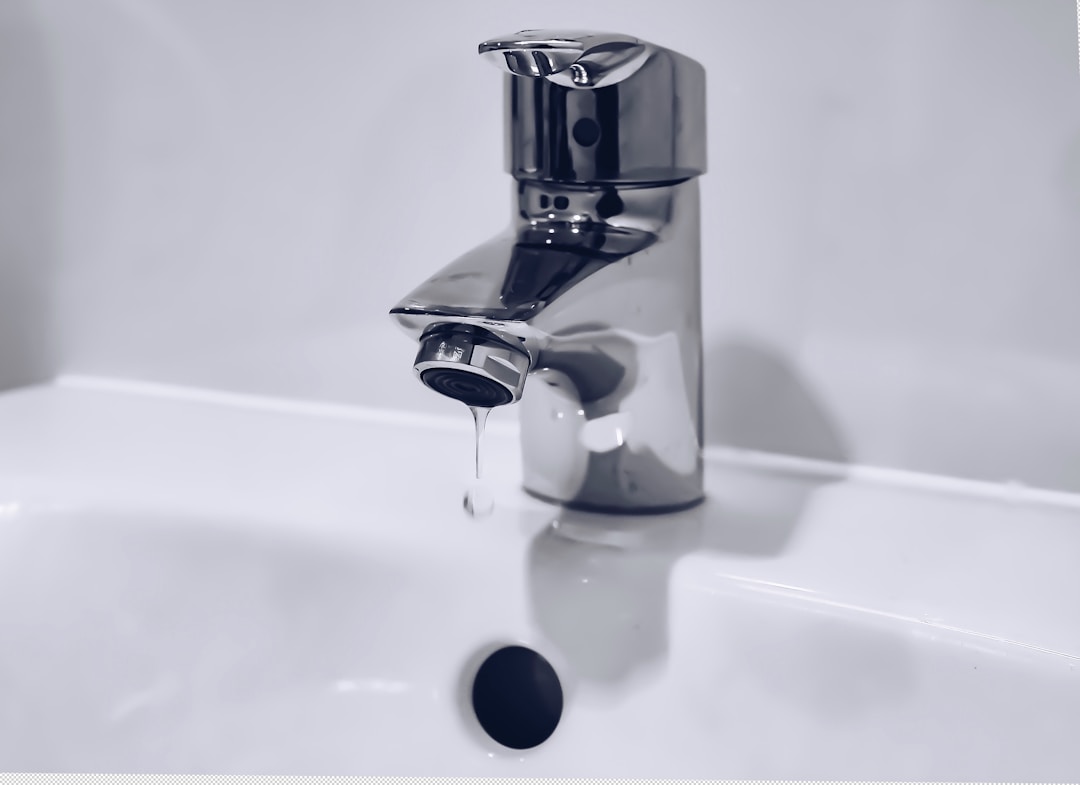
The economic advantages of installing a residential water softening system are significant. By preventing scale buildup, these systems help maintain the efficiency of household appliances, potentially reducing energy bills. Appliances like water heaters can operate more efficiently with softened water, as they don’t have to work as hard to heat water that is free of mineral buildup.
In addition to energy savings, softened water can reduce the amount of detergent and soap required for cleaning and personal hygiene. Hard water hampers the effectiveness of these products, meaning more is needed to achieve the desired results. Softened water, on the other hand, enhances their effectiveness, leading to savings on household cleaning and personal care products.
Health and Environmental Considerations
While the primary focus of water softening systems is to address the practical and economic issues of hard water, there are also health and environmental aspects to consider. Softened water can be gentler on the skin and hair, which is particularly beneficial for individuals with certain skin conditions like eczema or psoriasis. Moreover, by reducing the need for excessive amounts of cleaning products, these systems can indirectly contribute to a reduction in the household’s environmental footprint.
It’s important to note that while water softening systems do use salt in their processes, advancements in technology have made them more efficient and environmentally friendly. Modern systems are designed to minimize salt usage and waste, making them a more sustainable option than earlier models.
The Value of a Water Softening System
In conclusion, investing in a residential water softening system offers numerous benefits that extend beyond simply dealing with hard water. These systems can lead to significant cost savings over time, contribute to a more comfortable and healthy living environment, and even have positive environmental impacts. Homeowners looking to improve their water quality and protect their home investments would do well to consider the long-term advantages of installing a whole house water softening system.



